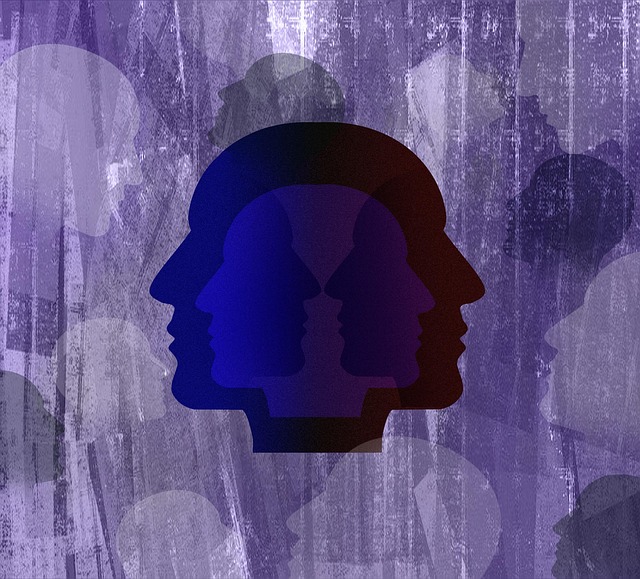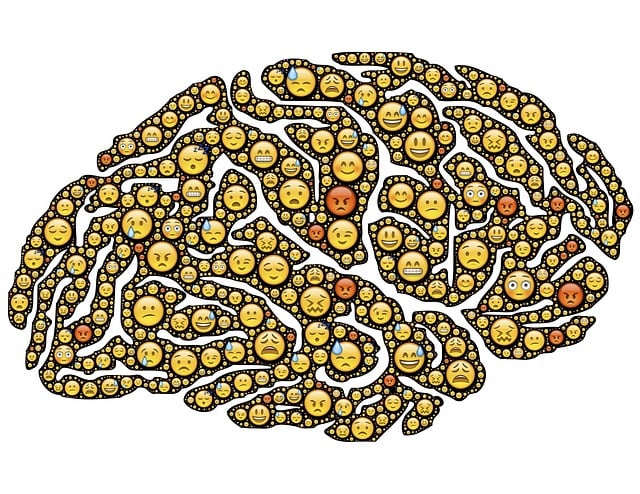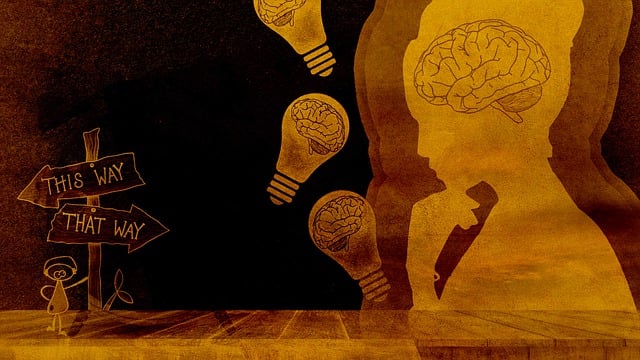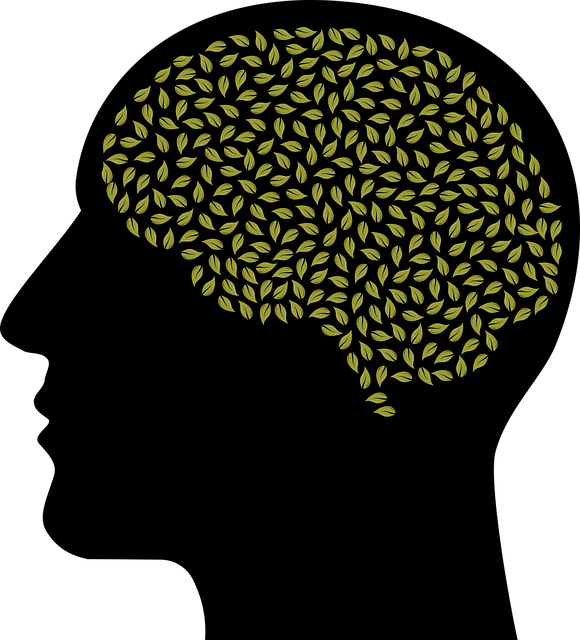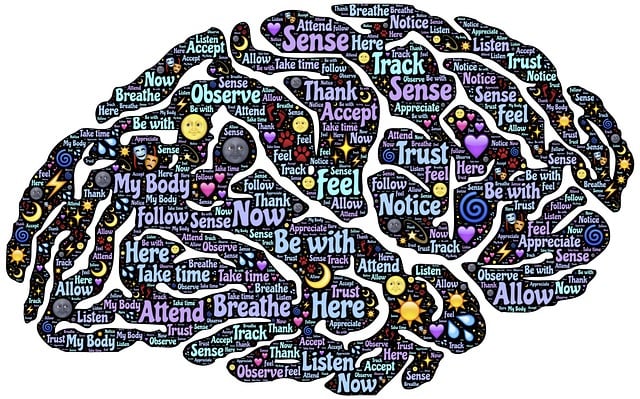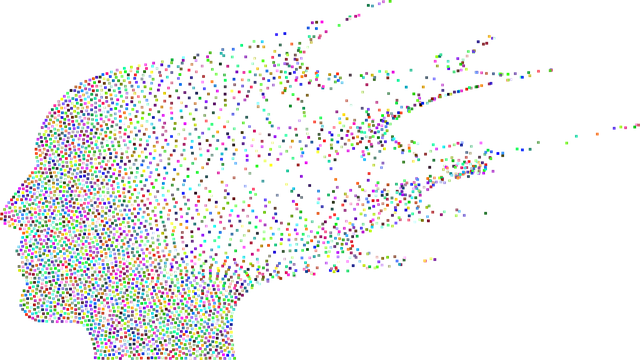Cultural competency training is vital in healthcare to ensure quality care for diverse patients, especially in therapy for young children and bariatric evaluations. By understanding cultural differences, values, and practices, providers can improve clinical decision-making, foster trust, and enhance patient outcomes. This includes addressing biases, incorporating creative communication methods, and implementing inclusive practices tailored to each patient's unique needs. Recent initiatives have shown positive impacts on patient satisfaction, mood management, and successful weight management through culturally sensitive approaches, revolutionizing care in diverse healthcare settings.
Healthcare provider cultural competency training is an essential pillar in modern medical practice, fostering inclusive care that respects diverse backgrounds. This article explores crucial aspects of cultural competency within healthcare, focusing on therapy for young children and bariatric evaluations. We delve into the impacts of cultural biases, sensitize professionals to varied dietary practices, and present effective communication strategies to overcome language barriers. Additionally, compelling case studies highlight successful implementations of culturally competent care.
- Understanding Cultural Competency in Healthcare: A Basic Framework
- The Impact of Cultural Biases on Young Children's Therapy
- Bariatric Evaluations: Sensitizing Healthcare Professionals to Diverse Dietary Practices
- Effective Communication Strategies for Overcoming Language Barriers
- Case Studies: Successful Implementation of Cultural Competent Care
Understanding Cultural Competency in Healthcare: A Basic Framework

Cultural competency in healthcare is a fundamental aspect that ensures medical professionals can effectively provide quality care to patients from diverse cultural backgrounds. It involves understanding and appreciating cultural differences, values, beliefs, and practices, and incorporating this knowledge into clinical decision-making. This basic framework aims to bridge the gap between healthcare providers and their patients, fostering trust and improving patient outcomes.
In the context of various medical services, such as therapy for young children and bariatric evaluations, cultural competency is essential. For instance, Emotional Regulation and Emotional Intelligence are crucial skills that can be enhanced through Cultural Skills Training, benefiting both patients and therapists. Similarly, Social Skills Training has been shown to improve patient satisfaction during healthcare interactions, especially when navigating complex medical issues like weight management. By integrating these approaches, healthcare providers can offer more personalized and culturally sensitive care, addressing the unique needs of each patient.
The Impact of Cultural Biases on Young Children's Therapy

Cultural biases among healthcare providers can significantly impact the quality of care received by young children, particularly when it comes to therapy and specialized evaluations like bariatric assessments. These biases may unconsciously influence a therapist’s interpretation of a child’s behaviors, emotions, and needs, leading to misdiagnoses or inadequate treatment plans. For instance, differences in cultural expressions of pain, emotional distress, or even communication styles can create barriers between the child and their therapist, hindering progress in therapy.
Addressing these issues is crucial through comprehensive mental health education programs that focus on designing inclusive practices. By incorporating self-care strategies and promoting self-esteem improvement, healthcare professionals can become more attuned to diverse cultural contexts. This awareness enables them to adapt therapeutic approaches, ensuring every child receives the most effective support tailored to their unique background and needs.
Bariatric Evaluations: Sensitizing Healthcare Professionals to Diverse Dietary Practices

In today’s diverse healthcare landscape, sensitizing medical professionals to various dietary practices is an integral part of healthcare provider cultural competency training. This includes understanding and respecting different cultural perspectives on obesity and weight management. Many communities have unique dietary traditions that influence food choices and nutritional outcomes. For instance, in some cultures, therapy for young children with obesity might involve family-centric approaches, incorporating traditional foods rather than strictly adhering to Western diets.
Bariatric evaluations should be culturally sensitive, taking into account these diverse practices. Healthcare providers must be trained to assess dietary habits without judgment, ensuring that treatments are tailored to individual needs and cultural contexts. This approach fosters trust between patients and healthcare systems, encouraging open communication about health concerns, including obesity-related issues. Additionally, community outreach program implementations can play a vital role in promoting healthy eating habits while respecting cultural dietary practices, ultimately enhancing patient outcomes.
Effective Communication Strategies for Overcoming Language Barriers

Effective communication is a cornerstone of quality healthcare, especially when navigating language barriers. In a diverse society, healthcare providers must employ strategies to ensure clear and accessible interaction with patients from various linguistic backgrounds. One of the primary challenges is providing therapy for young children who may struggle with verbal expression or have limited vocabulary, often requiring creative approaches like play-based interventions. For adult patients, especially those seeking bariatric evaluations, cultural competency includes understanding non-verbal cues and using simple, concise language to explain complex medical concepts.
Mental wellness coaching programs and development initiatives play a vital role in enhancing these communication skills. By incorporating training on cultural sensitivity and diverse communication techniques, healthcare providers can improve patient outcomes. This is particularly relevant in addressing mental health concerns, such as depression prevention, where early identification and culturally tailored interventions are key to successful treatment. Effective communication strategies not only bridge the language gap but also foster trust and create a more inclusive healthcare environment.
Case Studies: Successful Implementation of Cultural Competent Care

In recent years, healthcare providers have increasingly recognized the importance of cultural competency training to improve patient outcomes and foster more inclusive care environments. Case studies highlight successful implementations across diverse settings. For instance, a pediatric therapy clinic integrated cultural sensitivity modules into their training programs for therapists working with young children from various ethnic and socioeconomic backgrounds. This initiative led to improved mood management techniques and enhanced cultural awareness among staff, resulting in better-tailored therapy sessions that considered the unique needs of each child and family.
Another notable example involves a bariatric evaluation center that implemented a comprehensive cultural competency program for its medical team. The focus on understanding and addressing patients’ mental wellness concerns, often linked to self-esteem issues, created a supportive atmosphere. Through regular workshops and ongoing coaching programs, healthcare professionals learned effective communication strategies and developed skills to address the specific challenges faced by individuals from different cultural backgrounds seeking bariatric evaluations and treatment. This approach not only improved patient satisfaction but also led to more successful outcomes in weight management and related health conditions.
Cultural competency training is a vital tool in modern healthcare, fostering inclusive practices that benefit diverse patient populations. By addressing biases and implementing effective communication strategies, healthcare providers can significantly impact areas such as therapy for young children and bariatric evaluations. The case studies presented demonstrate the power of cultural competence in delivering personalized care. Embracing this framework ensures equitable access to quality healthcare, reflecting the dynamic nature of our global communities.



